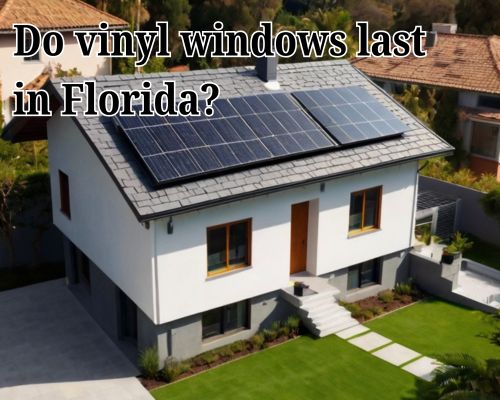When considering a roof replacement in Florida, especially in West Palm Beach, one of the most common questions homeowners ask is: Can a general contractor replace a roof in Florida? Understanding Florida’s construction laws and contractor licensing requirements is essential to ensure compliance and avoid costly mistakes. With David Spade of Star Roofing, we’ll explore the legalities of general contractors performing roofing work, discuss local building codes, and provide insights on hiring the right professional for your roofing project.

Understanding Florida’s Licensing Requirements for Roofing Work
Florida has strict licensing regulations for contractors to maintain safety and quality in construction projects. According to the Florida Department of Business and Professional Regulation (DBPR), a Certified General Contractor (CGC) is licensed to perform a wide range of construction tasks, but they typically cannot replace a roof unless they hold a separate roofing license or subcontract the work to a licensed roofing contractor.
General Contractors vs. Roofing Contractors in Florida
A General Contractor (GC) can oversee and manage major construction projects, including home renovations and structural work. However, a Certified Roofing Contractor (CRC) or Registered Roofing Contractor (RRC) is specifically licensed to install, repair, and replace roofs in Florida.
In West Palm Beach and throughout Palm Beach County, if a general contractor wants to replace a roof, they must either:
- Subcontract the work to a licensed roofing contractor, ensuring the project adheres to Florida’s Building Code.
- Hold a roofing license themselves, in addition to their general contractor’s license.
Why Roofing Work Requires Specialized Licensing in Florida
Due to Florida’s exposure to hurricanes, heavy rain, and extreme heat, the state has some of the most stringent roofing codes in the country. The Florida Building Code (FBC) is regularly updated to reflect new safety standards, requiring roofing contractors to be well-versed in materials, installation techniques, and wind mitigation measures.
West Palm Beach Roofing Regulations and Permits
Homeowners in West Palm Beach, FL, must adhere to local building codes when replacing a roof. Some key requirements include:
- Permits: A building permit is required for roof replacements, and only a licensed contractor can obtain one.
- Wind Mitigation: Roofs must comply with hurricane-resistant construction standards, including impact-resistant materials and proper fastening techniques.
- Insurance Requirements: Roofing work must comply with Florida’s insurance regulations to qualify for wind mitigation discounts and ensure proper homeowner coverage.
If a general contractor is managing a complete home renovation project in West Palm Beach, they can handle the overall construction while subcontracting the roofing portion to a licensed roofing contractor. This ensures compliance with both state and local building codes.
Choosing the Right Contractor for Roof Replacement in West Palm Beach
If you’re considering a roof replacement in West Palm Beach, FL, it’s crucial to hire the right professional for the job. Here are some essential tips:
1. Verify Licensing and Insurance
Before hiring a contractor, check their credentials through the Florida DBPR website to ensure they hold the appropriate license. Ask for proof of liability insurance and workers’ compensation coverage to protect yourself from potential liabilities.
2. Look for Local Experience
Hiring a contractor with extensive experience in West Palm Beach ensures they understand local building codes, weather conditions, and HOA regulations. Local contractor like Star Roofing are also more likely to have established relationships with suppliers, leading to cost savings and faster project completion.
3. Check Reviews and References
Research the contractor’s reputation by reading reviews on platforms like Google, Yelp, and the Better Business Bureau (BBB). Ask for references and contact previous clients to verify the quality of work.
4. Get a Detailed Estimate
Obtain a written estimate that outlines the scope of work, materials, labor costs, permit fees, and project timeline. Avoid contractors who offer vague or extremely low bids, as this may indicate subpar workmanship or hidden costs.
5. Ensure Warranty Coverage
A reputable contractor will offer warranties for both materials and labor. Ask about manufacturer warranties for roofing materials and ensure the contractor provides a workmanship guarantee.
Conclusion: Can a General Contractor Replace a Roof in Florida?
In short, a general contractor in Florida cannot legally replace a roof unless they have a roofing license or subcontract the work to a licensed roofing professional. Homeowners in West Palm Beach must ensure their roofing project complies with state licensing laws and local building codes to avoid fines, failed inspections, or voided insurance policies.
When planning a roof replacement, it’s best to work with a licensed roofing contractor who understands Florida’s strict regulations and can deliver high-quality workmanship. By following these guidelines, you’ll protect your investment and ensure your home remains safe and compliant with Florida’s roofing standards.

